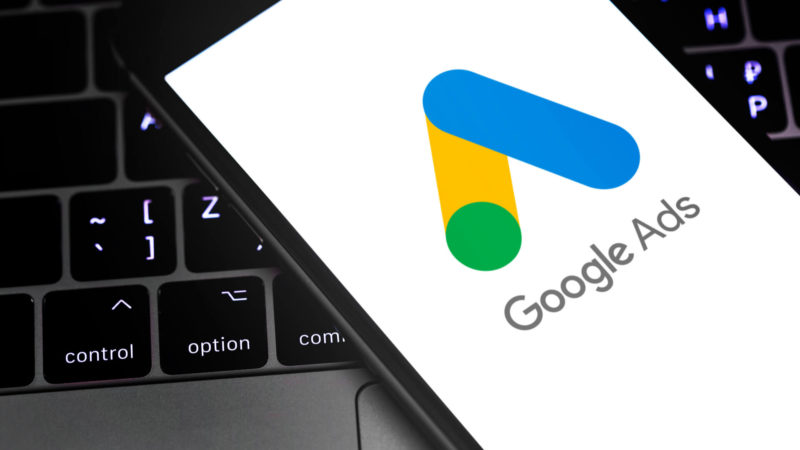
Google’s Local Service Ads Update: An Industry Insight
In a sweeping update effective February 25, 2025, Google is enhancing its Local Service Ads (LSAs) by integrating booking links from Google Business Profiles. This significant change is set to reshape how businesses attract customers and manage their leads. As businesses continue to adapt to digital marketing trends, understanding these updates is crucial for maintaining a competitive edge.
The most notable change involves the automatic display of booking links alongside LSAs. When potential customers come across a business via these ads, the booking links associated with that business’s Google Business Profile will be prominently showcased. This means that not only will businesses enjoy increased visibility, but they could also incur costs whenever a booking is made through these links, similar to charges for phone calls or messages initiated through LSAs.
While this update presents new opportunities for visibility and customer engagement, it also introduces some challenges. One primary concern is the automatic opt-in for businesses; entities will need to take proactive measures if they wish to opt out of these features to avoid unexpected expenses. Many may not even be aware of associated booking links, leading to potential charges for leads that do not convert. Therefore, businesses must treat booking leads with the same level of scrutiny they apply to conventional inquiries.
As advertisers grapple with the impact of this update, it’s vital to revisit existing settings to mitigate unintended charges related to booking leads. The disparity between the potential costs incurred and the actual value of bookings—often seen as less valuable compared to direct calls—requires careful consideration.
In this digital landscape, the integration of booking links could profoundly influence customer acquisition strategies. Businesses looking to make the most of LSAs need to ensure their online presence is optimized. This is where link management tools, particularly URL shorteners, come into play. Well-crafted, short URLs can enhance user experience and improve click-through rates. For instance, when businesses share booking links, utilizing a custom domain with a URL shortener not only looks more professional but can also help track engagement more effectively.
Furthermore, businesses should consider how they incorporate booking links into their broader digital marketing strategies, including social media and content marketing. Short links can play a vital role in driving traffic from various platforms to booking pages and can thus help in quantifying the performance of different marketing initiatives. Tools such as BitIgniter and LinksGPT provide new opportunities for efficient link management that can help streamline customer interactions.
Overall, the integration of booking links within LSAs can serve as a double-edged sword for businesses. With the potential for increased engagement comes the imperative for meticulous oversight. The stakes are high, and as local service advertising evolves, businesses must remain vigilant to ensure they maximize the benefits while minimizing the risks.
标签
#BitIgniter #LinksGPT #UrlExpander #UrlShortener #SEO #DigitalMarketing #LocalServiceAds
想了解更多:阅读更多

